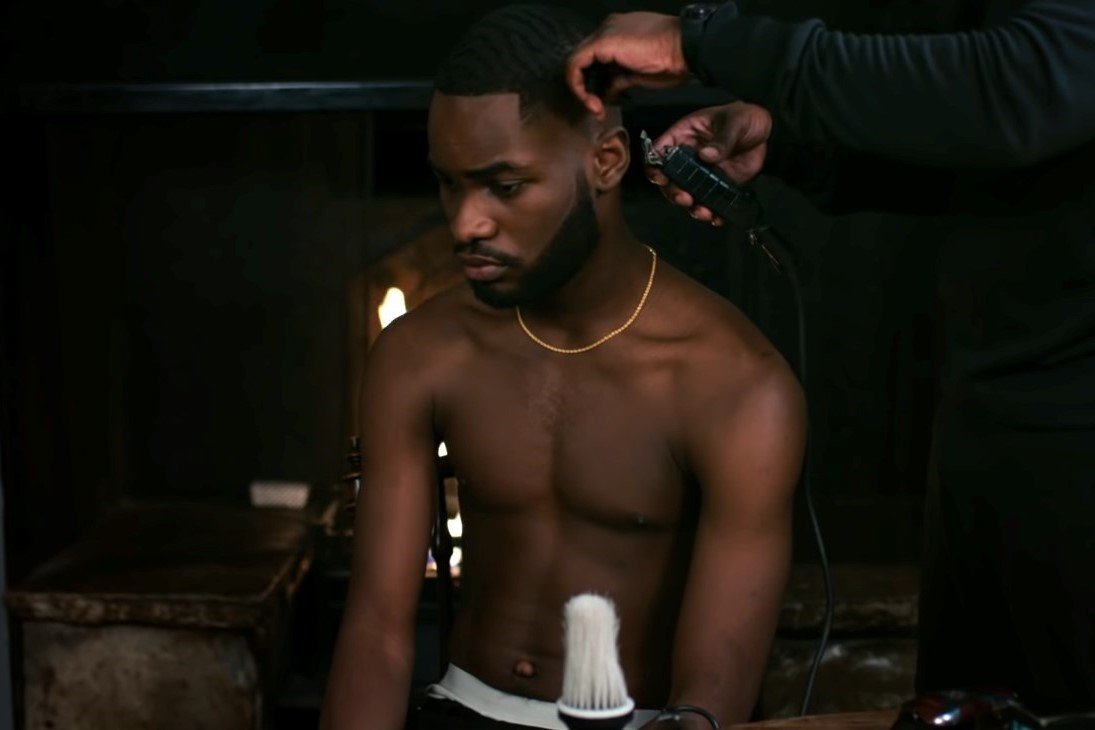Redefining Blackness: Abolish or Reclaim?
BY TADHG KWASI
What does black mean to you? What instantly comes to mind when you think of blackness? If you ask the average UK citizen, you’ll be hard pressed to find a positive answer, or at least, that’s what I imagine. Ask “black” people and you’ll find the answers ranging from “community”, “identity”, “a label” or “dead weight”.
Specifically in the context of post-colonial countries such as the UK and US, being black is negative thing, with the racism and stereotypes it brings. On top of the discrimination for being different, the negative connotations of black people as criminals, fraudsters, unintelligent, untrustworthy, etc. is damning. The reason for this is that blackness is a construct by colonialism to justify and subjugate the colonised people of Africa, in order to dehumanise and group a diverse group of people who lived on rich and plentiful land. This diverse group of people were all of differing tribes, practices, and language, yet they were all grouped under the arbitrary land borders by brutal British partition’s.
Then they were exploited for their resources and reduced to mere savages, as opposed to the “humanity” of European civilisation. With Enlightenment philosopher’s Immanuel Kant referring to African and native Americans as “savages, and incapable of culture” and Hegel remarking that Africa has no “history”.
In essence blackness is a social construct created by European and colonial states to justify exploitation, and a false superiority which ignores the humanity of melanin rich people. These people who have a rich history and culture that cannot simply be reduced to “black”.
If you go to Jamaica, Ghana, Nigeria, Somalia, these people don’t think or refer themselves as black, they refer themselves to their nationality, their tribe. As that’s what they are in actuality. Blackness is a term that does not actually denote anything apart from grouping these diverse people under the shameful shade of oppression. Oppression based on exploitation and dehumanisation.
Frantz Fanon
So, should we do with blackness? Do we abolish it and leave it to the whirlwinds of history? Never to utter the word black, to forget and leave all that trauma behind. I wish it were as simple as that. Blackness is a thing that has gained permanence, it is impossible to be or be thought as otherwise.
As psychoanalyst and philosopher Frantz Fanon writes in Black Skin, White Masks, the white gaze accomplishes its effect of dehumanisation through the skin as a marker of racial difference. In addition, the white gaze is internalised as one internalises the system of racial identities constructed by the colonisers.
Similarly, sociologist W.E.B. Du Bois, writes about double consciousness: the contradiction of feeling as if one’s blackness is inferior and aspiring to be something they cannot, which is white. To be human.
Du Bois says we need to find an identity, a blackness beyond the inferiority and the stereotypes. Dave put it perfectly in his song “Black”: Black is beautiful. Blackness has been reclaimed through the development of music genre’s such as hip-hop, grime and afrobeats, slang and language such as AAVE, and reclamation of the n-word being to take its power away from it.
Despite this big shift, it still isn’t enough. As Fanon points out, no matter how we reclaim blackness, it is still going to be put down as something inferior and improper to whiteness. As it is a negative concept born from a necessary binary to whiteness.
Furthermore, as long as our skins are few shades too dark, we cannot escape the problems of othering. We still have the racism, and the other problem as aforementioned; a diverse group of people are being boxed into a label. Whether it’s positive or negative it’s still a box and label that they do not choose, and it’s a bad fit. I think the long-term goal should be to abolish the binary of blackness and whiteness, and black people to be elevated and valued for who they are. Human.
But this is a process that requires blackness to be constantly redefined as something positive and fluid. With no expectations or labels. The Ghanaian who adopts a queen’s English vernacular is just as black as the Nigerian who speaks in slang.
So, in sum blackness needs to be reclaimed, and relieved of any essentialism and expectations. Whether it’s the Kweku who prefers fish and chips to Jollof rice, or the Richard seeking refuge in afrobeats and twi, they are both black and beautiful human beings. Then maybe when the power imbalances are removed from society, we can all just be human beings.
Recommended Songs and Reading:
Frantz Fanon, Black Skins, White Masks (1967)
W.E.B. Du Bois, The Souls of Black Folk (1903)
Maya Angelou, “Still I Rise” (1978)
Dave, “Black” (2019)
J Hus, “Deeper Than Rap” (2020)



